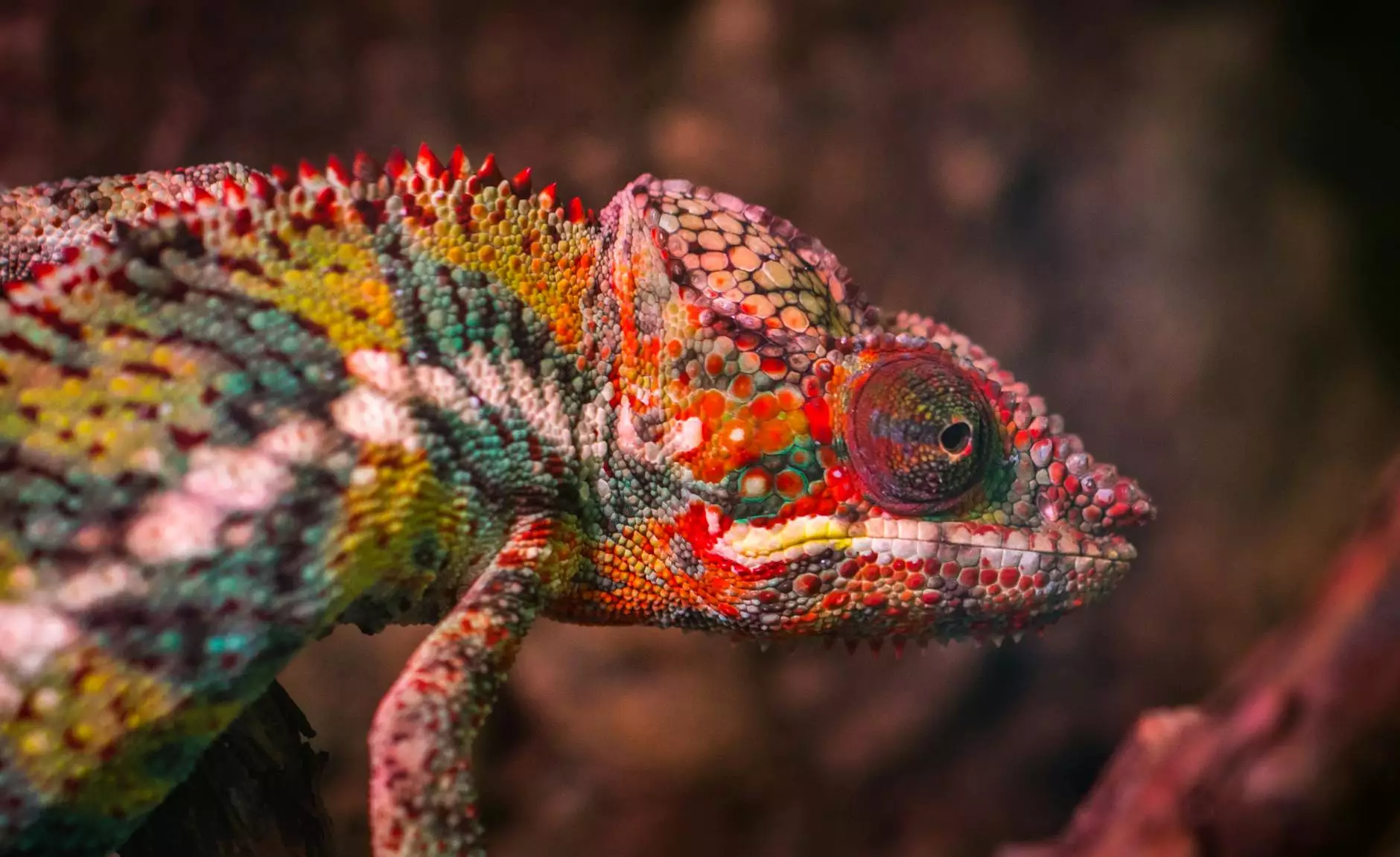Exploring the Fascinating World of Reptiles: Lizards as Pets

Reptiles lizards pets encompass a captivating niche in the realm of exotic pet ownership. As more people seek unique and low-maintenance companions, the popularity of lizards as pets is on the rise. This article delves into the world of lizards, helping prospective owners understand everything they need to know about these extraordinary creatures.
The Allure of Lizards as Pets
Why Choose a Lizard? Lizards offer a range of benefits that make them appealing as pets. Firstly, many lizard species are relatively easy to care for compared to traditional pets such as dogs and cats. They do not require daily walks or grooming, making them ideal for busy individuals or families. Additionally, lizards exhibit fascinating behaviors that can captivate their owners, providing a unique bond that is less common in more typical household pets.
Variety of Species
The vast diversity of lizard species means that there is likely a perfect match for everyone, regardless of their preferences or living situations. Some popular lizard breeds that are commonly kept as pets include:
- Leopard Gecko: Known for their calm demeanor and vibrant colors, leopard geckos are one of the most popular lizards for beginners.
- Bearded Dragon: With their friendly nature and unique looks, bearded dragons are social creatures that thrive on interaction.
- Blue-Tongued Skink: These lizards are known for their distinctive blue tongues and are relatively easy to care for.
- Crested Gecko: With their unique hair-like structures called crests, these geckos are also known for their ability to thrive in a varied diet.
- Iguana: Although requiring a larger habitat and more care, iguanas are incredibly rewarding as they develop their own personalities.
Understanding Their Needs
Before bringing a lizard into your home, it is essential to understand the specific requirements of the species you choose. Each lizard has unique environmental, dietary, and social needs that must be met for optimal health and well-being.
Habitats for Lizards
Creating a suitable habitat is crucial for your lizard's health. Key components include:
- Enclosure: Provide a terrarium or vivarium that is spacious enough for your lizard to move freely, with adequate ventilation.
- Substrate: Choose a suitable bedding material based on the lizard species. For example, sand is suitable for some species, while others prefer coconut fiber.
- Heating and Lighting: Lizards require a proper temperature gradient (warm and cool areas) and UVB lighting to synthesize vitamin D3, which is vital for their health.
- Hiding Places: Incorporate rocks, logs, and plants to provide hiding places and climbing opportunities, making the environment more enriching.
Feeding Requirements
Diet plays a significant role in a lizard's health. Here are some general guidelines:
- Carnivorous Lizards: Species like leopard geckos may require a diet consisting of insects like crickets, mealworms, and roaches.
- Herbivorous Lizards: Bearded dragons enjoy a variety of vegetables and occasional fruits for their balanced diet.
- Omnivorous Lizards: Many lizards will eat both plants and insects, so a varied diet is required.
Health and Wellness
Maintaining your lizard’s health is vital for a long, happy life. Regular check-ups with a veterinarian experienced in exotic animals are crucial. Knowing the signs of illness, such as changes in appetite, lethargy, or abnormal behavior, can help you catch potential issues early.
Common Health Issues
Some common health concerns among lizards include:
- Metabolic Bone Disease: Often caused by a lack of UVB exposure and calcium, this condition can lead to severe health problems.
- Respiratory Infections: Keep an eye out for signs such as labored breathing, nasal discharge, or lethargy.
- Parasite Infestations: Regular fecal exams can help keep your lizard free of internal parasites.
The Joy of Bonding with Your Lizard
One of the most rewarding aspects of owning a lizard is the bond that can develop between pet and owner. Spending time with your lizard, whether through observation or gentle handling, can enrich your pet's life and provide you with countless hours of enjoyment.
Taming Your Lizard
Taming your lizard requires patience and understanding. Start slowly by allowing your pet to adjust to its new environment before attempting to handle it. Gradually introduce your lizard to your presence, and soon it will learn to trust you.
Community and Resources
Engaging with the reptile community can enhance your ownership experience. Many online forums, social media groups, and local clubs allow lizard owners to share experiences, advice, and support. Resources include:
- Online Communities: Websites and forums dedicated to reptile care can offer valuable information.
- Local Expos: Attending reptile expos can connect you with breeders, vendors, and other enthusiasts.
- Veterinary Support: Finding a vet experienced in reptile care is invaluable for health management.
Conclusion
Owning a lizard can be an incredibly rewarding experience, providing both companionship and entertainment. With the right knowledge, dedication, and resources, you can ensure a fulfilling life for both you and your reptiles lizards pets. As you embark on this journey, consider the needs of your chosen species and engage with the community for ongoing support. Welcome to the fascinating world of lizards!









